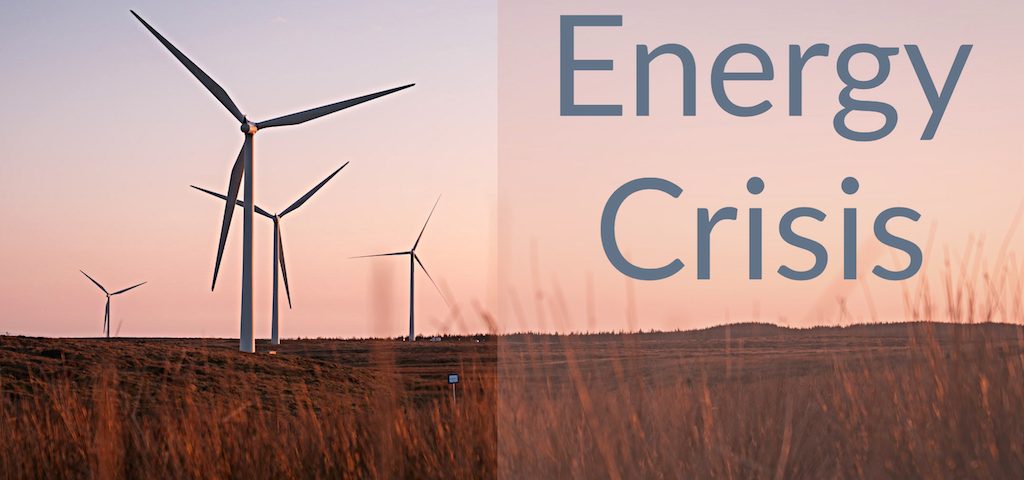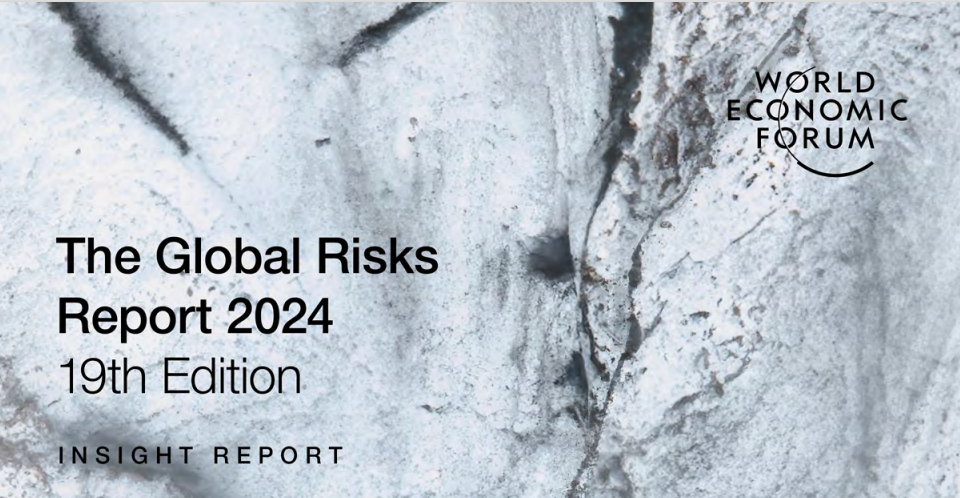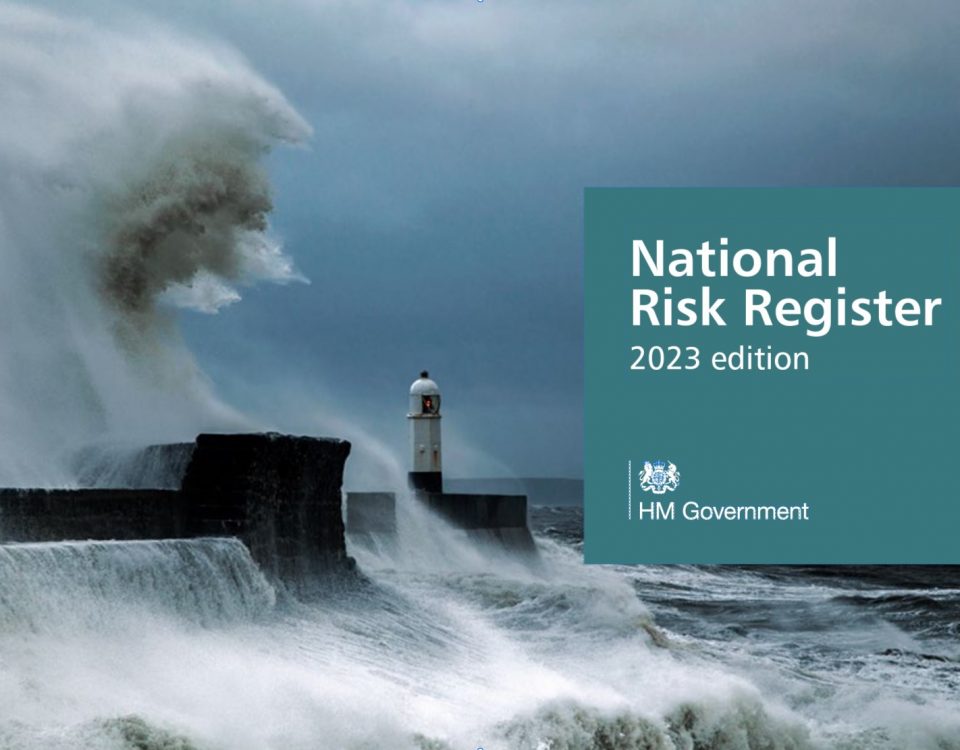An Unfolding Energy Crisis

The ‘Great Resignation’
25th August 2022
The 5-hour cyber security test
17th October 2022Good morning and welcome to our Horizon Scanning newsletter.
This week we look at the energy crisis. With firms large and small struggling to keep their heads above water as bills spiral, we assess the options for business leaders.
Our Toolbox sticks to this theme, giving an overview of some of the most useful pieces of advice and guidance on the topic we have come across this month.
Thanks for reading and stay safe.
Horizonscan are experts in risk and resilience. Click here for more on what we do. If you would rather not receive the bulletin you can simply click ‘unsubscribe’ at the bottom of the email, and we will not bother you again.
An Unfolding Energy Crisis
The UK is presently caught in the grips of a ‘perfect storm of economic factors, from inflation to interest rates to the cost of living. Central to this is the energy crisis, which has arguably been brewing for years but which has spiralled completely out of control in the wake of the Ukraine situation.
This recent news article highlighted the impact of this on smaller businesses. And another piece, in the same publication, reported a 63% rise in insolvencies in the manufacturing sector. This viral tweet, pictured below and written up here, encapsulates the situation many SMEs find themselves in.

There is no silver bullet for these problems, which are affecting everyone in Britain and even Europe, in one way or another. But there are small things that can be done.
This guidance from Simply Business makes some handy suggestions, including the approach you should take to your tariffs, and how you can understand your usage better. We have used our Monday Toolkit this month (see below) to get together in one place with some of the other checklists and tips we have come across for managing energy costs as a business. You can go through them in one go and look to spot any ideas you had missed.
There are themes which run across this advice, including behavioural steps, ideas for monitoring usage more carefully, and tips to get the big calls right when choosing and changing your tariff. And it is also worth remembering that this crisis has partly come about through an over-reliance on imported gas and oil. If your company has the up-front revenue to become more sustainable in the short-term (i.e. by investing in renewables), then it could be revenue which you recoup in the medium-term, once the worst effects kick in.
Number one question for your business:
How closely do you monitor your usage? Do you know how much energy the different parts of your business account for?
Toolbox
Our toolbox this week is dedicated to providing an overview of the best guidance available online. Below are the pieces of advice that have jumped out at us:
- Energy giant EDF has set out eight tips for saving energy, including a focus on the office kitchen. They point out that dishwashers, kettles and microwaves can represent hidden costs, and advocate small behaviour changes in these areas.
- Sustainability experts Planet Mark take a step back in their recent guidance and look at three core areas: team engagement, infrastructure, and data, which can help to make small savings. The last of these is particularly interesting. As the authors point out, “you can’t manage what you don’t measure.” They advocate the use of more granular technology, for tallying your exact usage.
- The facilities and property management website FM Management also advocate closer monitoring. In this article, they write that “The only way to accurately measure energy usage at scale and quickly is to use an energy management platform. Users and owners alike need to gather the data and analytics on every major piece of building equipment.”
- Recent tips from the Confederation for British Industry (member-only) include a focus on fixed price tariffs. They argue that, while “certainty comes at a premium,” it may be worth it in such a volatile market. “A fixed contract will enable you to tightly budget your energy spend.”
- This piece from Business Connect Magazine has some handy tips, and also advocates the use of tools like ‘Reducer’, a Connected Purchasing platform.
- However, the best guidance we’ve come from so far is from the Federation of Small Businesses. Their eight-point checklist is simple and user-friendly and ranges from specialist guidance (i.e. ‘Know your KVA Load’) too much more obvious advice (i.e.‘Turn things off!’). Their list picked up on several areas that a small company – especially one without particular energy expertise – could easily overlook.
Thought for the week:
“Unfortunately this is a crisis which is affecting every business and household. There’s no way you can sidestep it entirely. But by making clever choices now – about tariffs, usage and even the existence of renewable options – you can minimise the hit you take as a business.”




